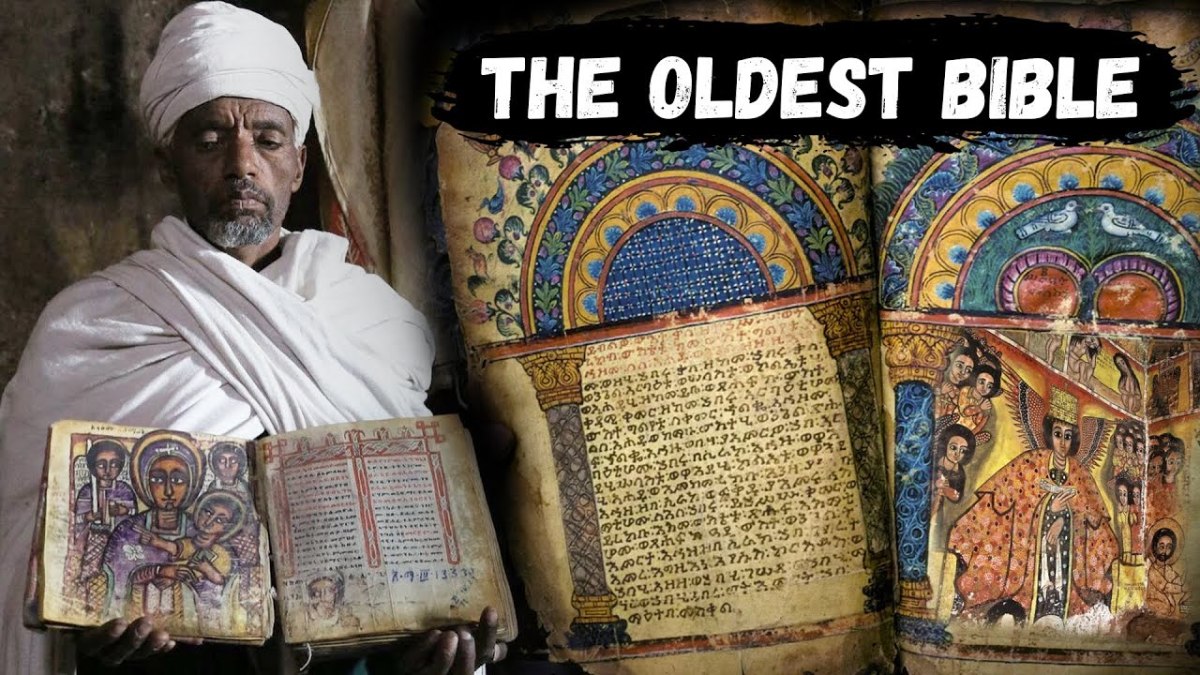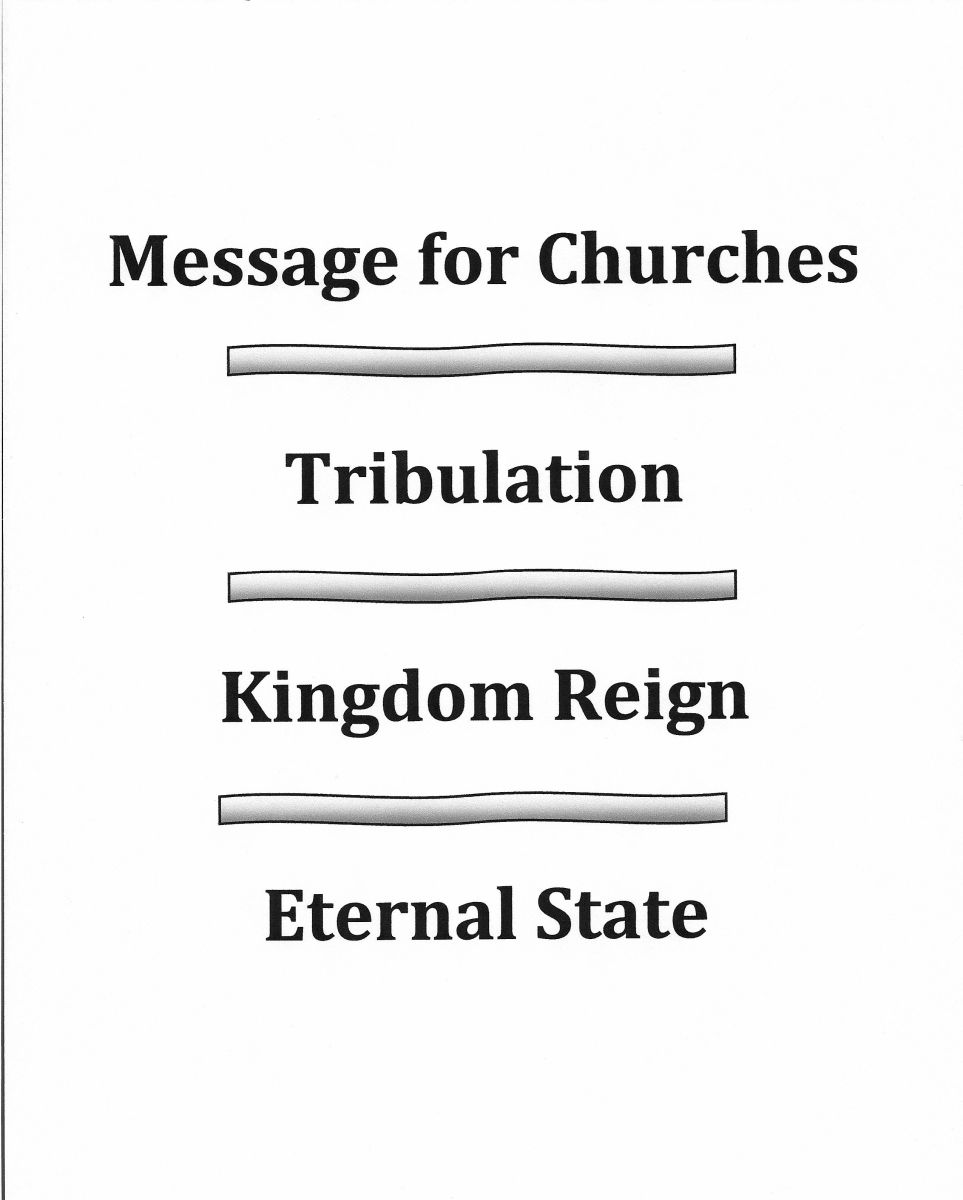Bible: What Does Romans 10 Teach Us About Law-Righteousness vs. Faith-Righteousness?
Believe the Gospel for Salvation

Why People are Lost
view quiz statisticsRomans 10: Law-Righteousness vs. Faith-Righteousness
A False Standard of Righteousness
After addressing his readers in the church at Rome as “brethren,” Paul reveals his intense longing for Israel’s salvation (v. 1).
He testifies to the Jews’ ardent, though spiritually misguided, religiosity (v. 2).
Their lack of true knowledge of what constitutes God’s righteousness has not only prevented them from humbling themselves to accept God’s way, but it has also made them seek their own way to achieve a righteous standing in His sight (v. 3).
The apostle categorically states that those who trust Christ as the source of their righteousness no longer try to keep the Law in order to attain that status with God (v. 4).
The Bodily Resurrection of Christ

Good Enough?
Do you believe you are good enough to enter heaven on your own merits?
Confess Jesus and Believe the Gospel
He contrasts law-righteousness with faith-righteousness.
On the one hand, Moses instructed Israelites that they had to keep all of God’s laws perfectly in order to “live” (that is, attain a perfect standing with the LORD) [v. 5; cf. Lev. 18:5].
On the other hand, believers only need to take the preached message from God into their hearts in order to receive eternal salvation, not perform any extraordinary work (vv. 6-8; cf. Deut. 30:12-14).
Paul asserts that salvation and righteousness come to those who verbally confess (or agree with God) regarding the deity of Jesus (that Jesus is Yahweh), and believe in the core of their being (that is, their heart) in Christ’s bodily resurrection (vv. 9-10).
Again, he quotes Isaiah 28:16 to show that God will not shame believers in Christ, whether Jew or Gentile, but will shower with heavenly riches all who call upon Him (vv. 11-12; cf. 9:33b).
Paul’s final OT citation in this section indicates universal application of this faith-righteousness (or call-salvation) principle (v. 13; cf. Joel 2:32).
The Evangelistic Enterprise in Reverse
Employing a series of four probing questions meant to motivate the Roman church/universal Church to preach the word, the apostle delineates the evangelistic enterprise in reverse, beginning with the end product: believing individuals calling upon Christ for salvation (v. 14a).
Second, people must hear what Jesus said before they can believe in Him (v. 14b).
Third, a preacher must bring them the gospel in order for them to hear what the Lord promised (v. 14c).
Finally, a church must send preachers to those who need to hear (v. 15).
In sum, the church must send preachers to proclaim the gospel in order for people to hear about Jesus, believe on Him, and call upon Him for salvation.
Ryrie points out that believing the message is an essential part of the election package (New Testament Study Bible, 79).
The elect have been predestined to believe; therefore, they will believe by means of God’s power, not their own.
By quoting Isaiah 52:7, Paul reminds his readers that it is a high privilege to be one who proclaims the good news that brings reconciliation between God and mankind (v. 15a).
Natural Revelation

Human Beings Are Without Excuse
Yet the apostle also acknowledges the spiritual reality that, in Isaiah’s day as well as in his own, not many who hear the gospel obey it (v. 16; cf. Is. 53:1).
In sum, people must hear the spoken word before they can believe God (v. 17). Branching from this thought, he asks aloud if all people have actually heard the word.
Paul answers affirmatively by quoting Psalm 19:4—a verse that indicates that God uses nature worldwide to reveal His existence (v. 18).
[Natural revelation leaves human beings without excuse before God (cf. Rom.1:20); however, it is not the special revelation found in the gospel.]
The apostle quotes Moses to show that Israel knew the truth about God, and that the LORD intended to make the nation jealous by saving Gentiles (v. 19; cf. Deut. 32:21; Rom.11:11).
On the one hand, Paul turns to Isaiah to record God’s statement that He made Himself known to Gentiles (“those who did not seek Me/those who did not ask for Me”), and caused them to find Him (v. 20; cf. 65:1).
He quotes the prophet once more to indicate (on the other hand) Israel’s disobedience to God’s continual overtures of love (v. 21; cf. 65:2).
© 2013 glynch1








